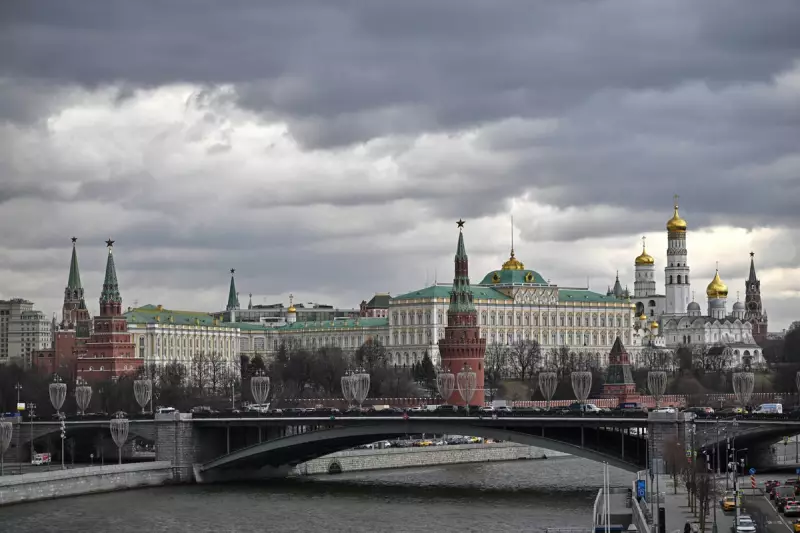
After two years of robust expansion driven by military expenditure for the war in Ukraine, Russia's economy is now showing clear signs of a slowdown. The Kremlin, facing declining oil revenues and a growing budget deficit, is turning to its citizens and small businesses to generate crucial revenue.
New Taxes Target Everyday Spending
The centrepiece of this new fiscal strategy is a significant increase in the value-added tax (VAT). The rate is set to jump from 20% to 22% starting 1 January, a move expected to pour up to 1 trillion rubles (approximately $12.3 billion) into state coffers. This legislation is swiftly progressing through Russia's parliament.
Beyond the headline rate increase, the government is dramatically lowering the VAT threshold for businesses. By 2028, companies with annual sales revenue of just 10 million rubles (about $123,000) will be required to collect the tax, down from the current 60 million rubles ($739,000). This change aims to combat tax avoidance schemes but will also ensnare previously exempt small enterprises like corner shops and beauty salons.
The tax burden doesn't stop there. The government has also proposed higher duties on spirits, wine, beer, cigarettes, and vapes. For example, the tax on vodka will increase by 84 rubles per litre of pure alcohol, adding about 17 rubles (20 US cents) to a standard half-litre bottle. Fees for driver's licences are rising, and a key tax break on imported cars is being scrapped. Officials are even considering a new tech tax on digital devices like smartphones and laptops.
Economic Slowdown and Public Resignation
This shift comes as Russia's economic growth grinds to a halt. The economy contracted at the start of 2025 and is projected to grow by only around 1% for the full year. This is a stark contrast to the over 4% growth seen in both 2023 and 2024. High central bank interest rates of 16.5%, designed to combat 8% inflation fuelled by military spending, are constraining growth.
Furthermore, oil revenues are down by about 20% this year, according to the Kyiv School of Economics Institute. Western sanctions continue to hamper the economy by increasing costs and deterring investment.
The result is a budget deficit revised sharply upwards from 0.5% to 2.6% for this year. Unlike other nations, Russia cannot borrow on international bond markets and must rely on domestic banks for credit.
On the streets of Moscow, the news of tax increases has been met with a mixture of dismay and resignation. Pensioner Svetlana Martynova expressed concern for small businesses, stating, "I think that small and medium businesses will fold. The budget will get less, not more."
Hard Choices Between Guns and Butter
Finance Minister Anton Siluanov defended the revenue-raising measures, arguing they are preferable to increased borrowing, which would accelerate inflation. The VAT increase may initially push prices higher, but it could eventually dampen demand and help the central bank's inflation fight.
According to Alexandra Prokopenko, a fellow at the Carnegie Russia Eurasia Center in Berlin, President Putin has enough money to maintain the current war effort for the next 12 to 14 months. However, after that period, she warns, "he will need to make tough choices, trade-offs between maintaining military effort or, for example, maintaining consumer abundance so people won't feel 100% that the war is going on."
Andrei Olkhovsky, general director of the Avtodom auto dealer group, noted that increased taxes will influence end-consumer prices. "Consumers in turn will factor this into their lifestyle and demand higher wages from their employers," he said. "This will increase the cost of everything around us." This marks a clear departure from the earlier wartime economy, which saw military spending boost hiring and wages, and now signals harder times ahead for the Russian public.





